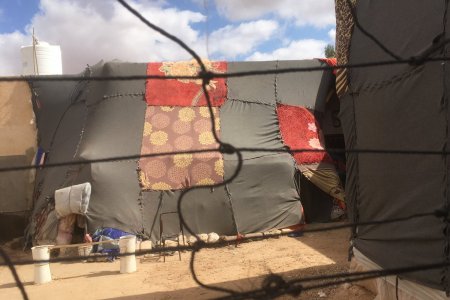 Michaël Neuman / MSF
Opinion
Michaël Neuman / MSF
Opinion
03/02/2020
Michaël Neuman
Michaël Neuman spent ten days in Libya with Médecins Sans Frontières teams working in detention centres for migrants. From his stay, he brings back the following impressions that illustrate the gloomy situation of the people who are held there, for months or years, and the even more difficult situation of all those subject to kidnapping and torture.
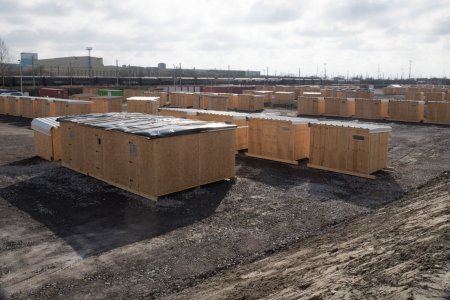 Charles Habib
Conference
Charles Habib
Conference
11/07/2019 - 06:30 PM 08:30 PM
Michaël Neuman
Screening - debate "La Ville Monde" on Thursday 7th of November 2019, from 6.30pm to 8.30pm, in MSF's new premises at 14-34 avenue Jean Jaurès 75019 Paris.
Médecins Sans Frontières and Crash were pleased to invite you to a screening, followed by a debate, of the documentary film "La Ville Monde" (52', subtitled in English), directed by Antarès Bassis and produced by Les films du Balibari. The film, of which MSF is a partner, traces the trajectory of the La Linière camp in Grande-Synthe from its opening in March 2016 to the fire that destroyed it in April 2017.
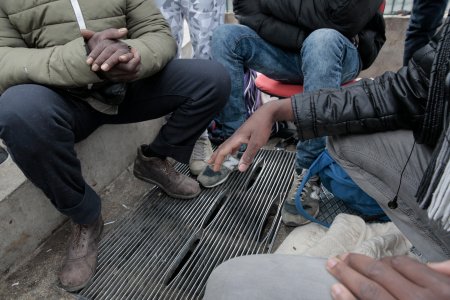 Antoine Kremer/MSF
Analysis
Antoine Kremer/MSF
Analysis
05/07/2019
Michaël Neuman
In the summer of 2015, the French section of Médecins Sans Frontières started aid projects for migrant populations in Greece and France. The launch of these operations was the occasion for lively discussions within the association, both in terms of public positioning (how to justify an intervention in a rich country and not get lost in "political" territory?), and in terms of revising our operating methods, knowing that the primary needs of migrants were not primarily medical. Some people then recalled the association's militant practices in the 1990s, which were sometimes considered as abuses. By retracing the history of the French Mission, Michaël Neuman seeks to understand, with regard to the migration issue, the complex articulation between operational constraints, political positioning and militant practices.
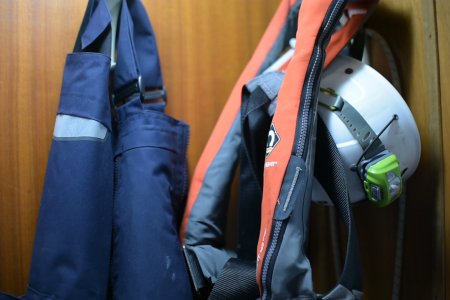 Ikram N'gadi
Op-ed
Ikram N'gadi
Op-ed
Le Monde
12/12/2018
Michaël Neuman
Mego Terzian
Dont acte, la politique de harcèlement judiciaire, administratif, politique aura eu raison de l’Aquarius, déployé entre 2015 et le milieu de l’année 2018 en mer Méditerranée.
Tribune de Mego Terzian (Médecin, président de Médecins sans frontières) et Michaël Neuman (Directeur d'études au CRASH de MSF) publiée le 07 décembre 2018 dans Le Monde.
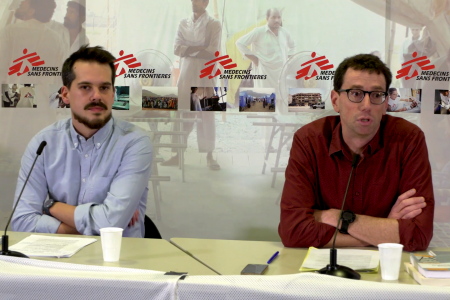 Conference
Conference
11/26/2018 - 06:00 PM 08:00 PM
Benjamin Boudou
Conference/debate with Benjamin Boudou, political scientist and researcher at the Max Planck institute.
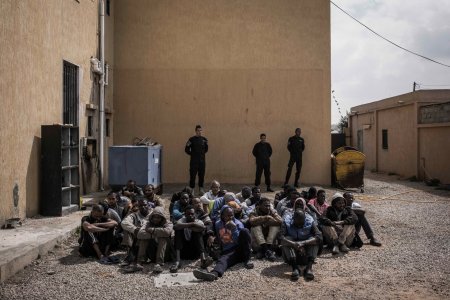 Guillaume Binet/Myop
Op-ed
Guillaume Binet/Myop
Op-ed
09/10/2018
Jean-Hervé Bradol
Numerous politicians, from Daniel Cohn-Bendit to Marine Le Pen and including Emmanuel Macron, denounce what they claim is collusion between organisations helping migrants (humanitarian workers) and smugglers (criminals). One group operates in full public view, the other out of sight, but both are said to be working together to help people illegally cross borders.
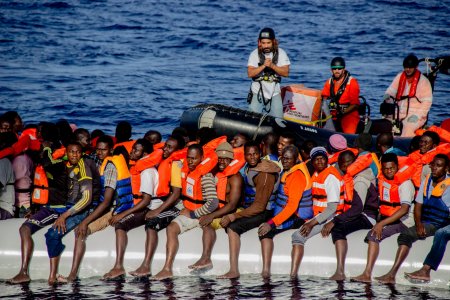 Borja Ruiz Rodriguez/MSF
Op-ed
Borja Ruiz Rodriguez/MSF
Op-ed
07/11/2018
Rony Brauman
Humanitarian organisations coming to the rescue of migrants in the Mediterranean Sea are kindly required either to watch them drown or to hand them over to human traffickers and torturers. We have seen countless political statements, opinion polls and editorials on the need to take a harder line against African migrants and accusing NGOs of being the accomplices of “smugglers”. We have even heard it said that these NGOs are organising the departures of those aspiring to migrate to Europe coincide with the presence of a rescue ship, making relief workers conscious actors in a criminal enterprise.
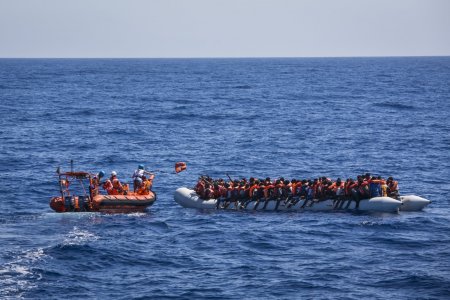 Andrew McConnell/Panos Pictures
Op-ed
Andrew McConnell/Panos Pictures
Op-ed
07/10/2018
Michaël Neuman
Thierry Allafort-Duverger
Humanitarian aid organisations carrying out rescues at sea were made into the accomplices of human traffickers. This accusation is as absurd as it is unacceptable. Not only do rescue operations at sea save people from drowning, but they evacuate people in situations of immediate danger in Libya, MSF recalls.
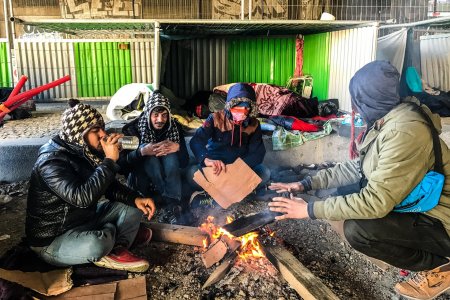 Mohammad Ghannam/MSF
Review
Mohammad Ghannam/MSF
Review
05/31/2018
Elba Rahmouni
Thanks to the migrant crisis, or the reception crisis as it would be more appropriate to call it, the issue of hospitality is back in the forefront. On 17 May, the Maison des Métallos organised a conference with two social science researchers - Michel Agier and Benjamin Boudou - and an NGO manager Cécile Poletti to discuss existing tensions between private hospitality and public hospitality.







